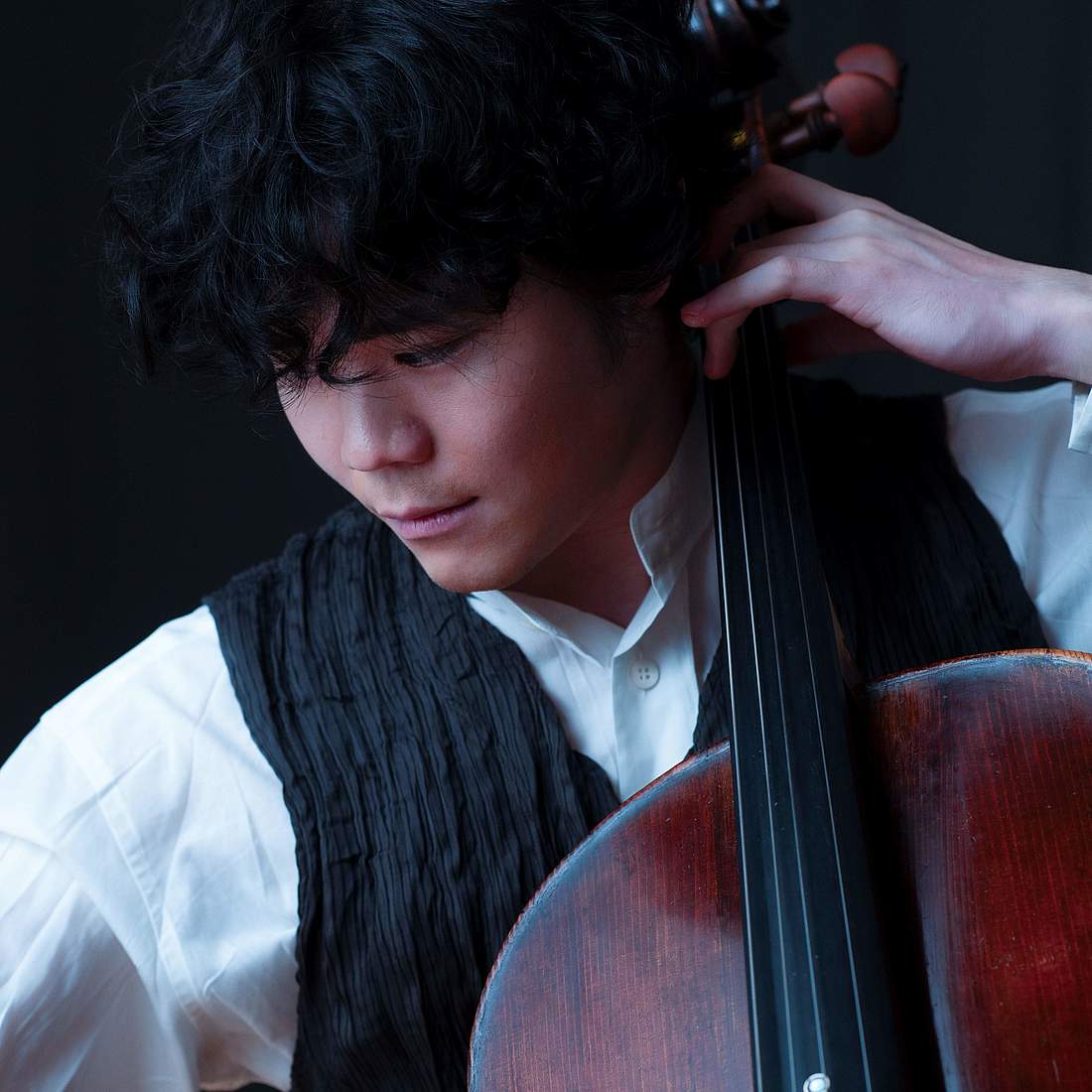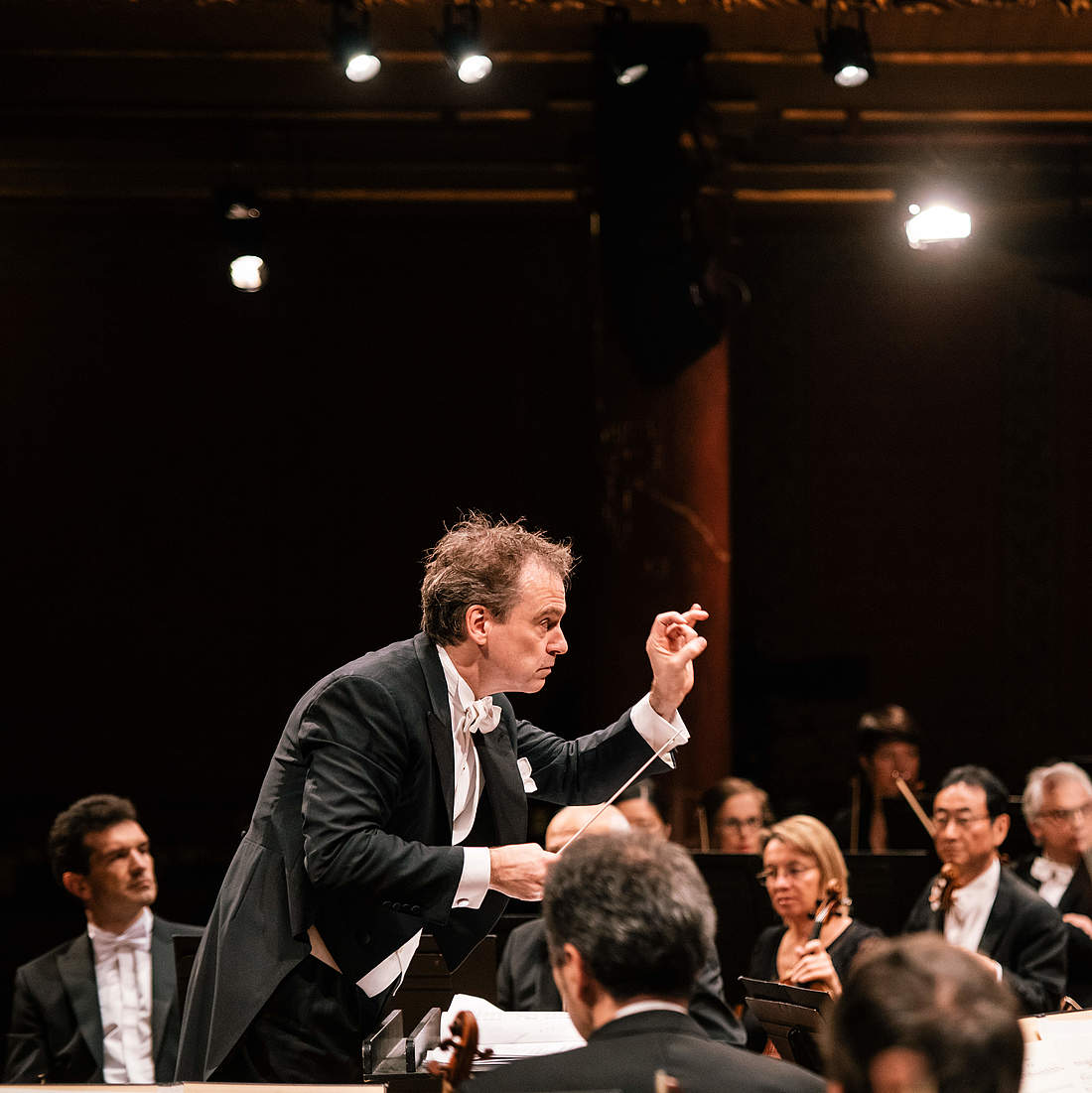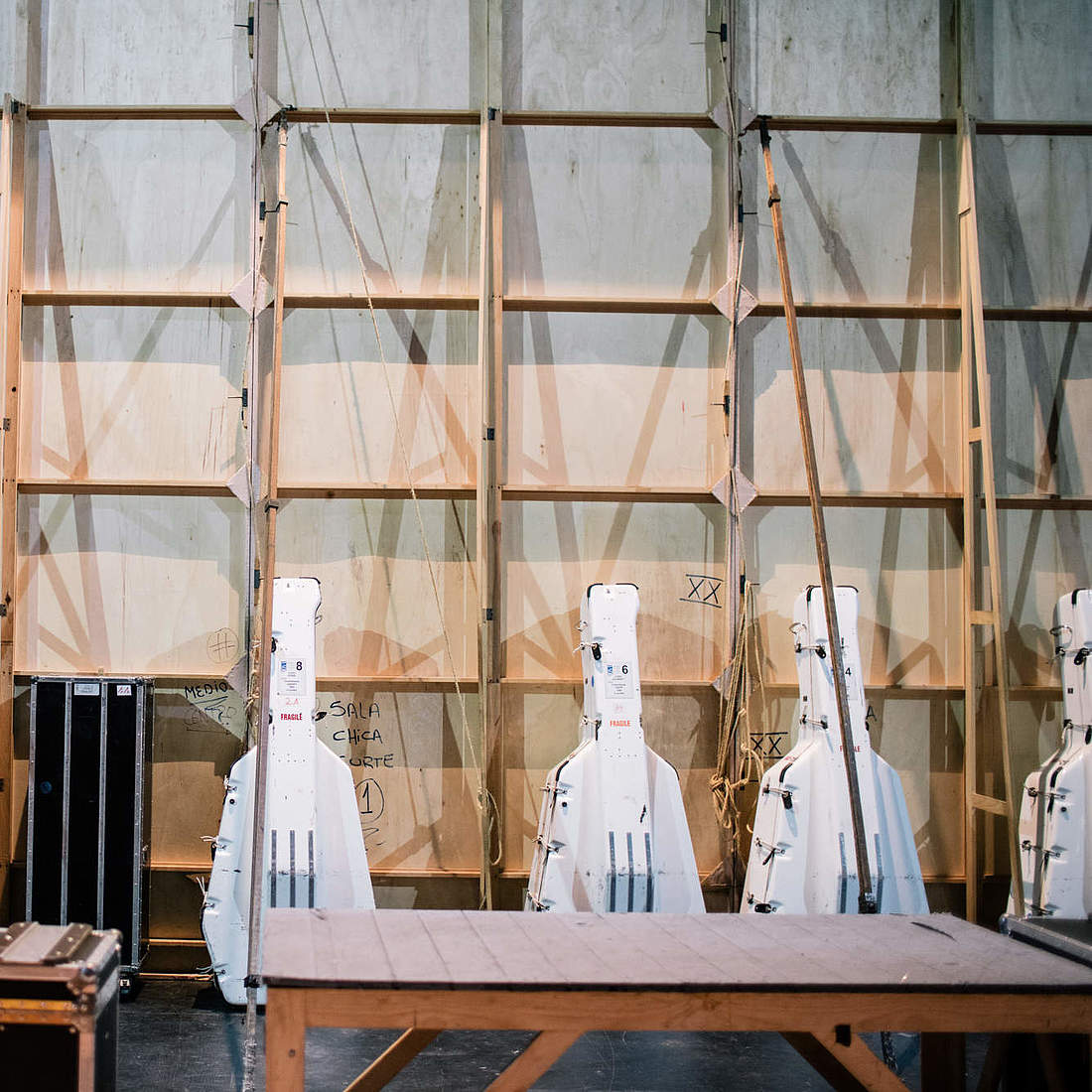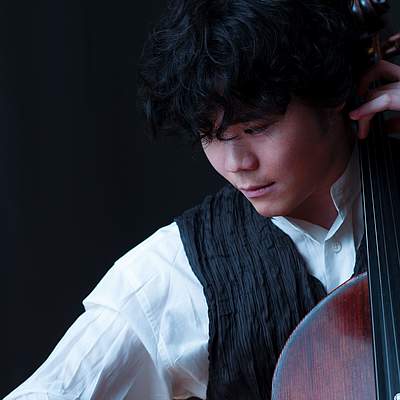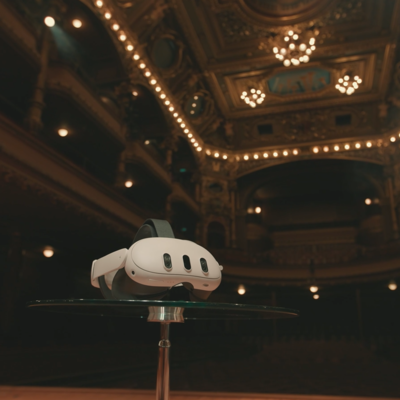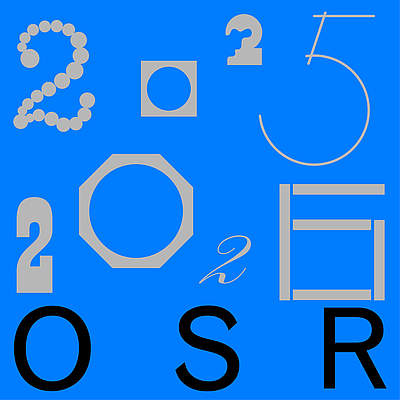Info and booking on the concert hall website
Kyoto
Tour of Asia
Friday
11.07.2025
19:00 — Kyoto Concert Hall, Kyoto, Japan
With the support of
Programme
Jonathan Nottconductor
Michiaki Uenocello
William Blank
Morphosis
Dimitri Chostakovitch
Concerto for cello and orchestra No. 1 in E flat major, Op. 107
Intermission
Igor Stravinsky
The Rite of Spring
Approximately 1h45 including a 20-minute intermission
The music
Morphosis for 42 instruments (2017)
Premiere on 11 April 2018 in Maribor | Kammerorchester Basel | Conductor William Blank
In the 21st century, does composing for the exact number of instruments in Beethoven's 5th symphony (without the timpani) make it possible to rediscover ‘pure’ writing, writing that cannot be enriched by the richness of modern timbres and their shimmering effects, revealed in particular by the use of percussion, the piano, the harp or the many contemporary instruments?
In an attempt to respond to this challenge and offer a fresh reading of the tradition, Morphosis is not written for an orchestra as was done in the 18th and 19th centuries, but for 42 instruments. Within this ensemble, each instrumentalist acquires, in places, a predominant place through numerous episodes highlighted by truly soloistic writing. While the woodwinds have the lion's share (with some very brilliant passages dedicated to the flute, oboe and clarinet), the seven brass instruments, with the exception of the horn, play a more ‘instrumental choir’ role. But the biggest difference is to be found in the strings. The twenty-six instruments are rarely treated in the classical tutti manner, but as a multiform body of sound, exploiting the various possible combinations: quartet, octet, string ensemble or intermediate formations, as well as various virtuoso solo parts, mainly for the violin, viola and cello.
Morphosis (a term used in biology) means the way in which an organism or one of its parts changes its shape and develops. By analogy, this is what the work proposes in its single-movement form, alternating various characters, successively: Calm, Grave, Vehement, Allant, Vif and Immobile.
William Blank
